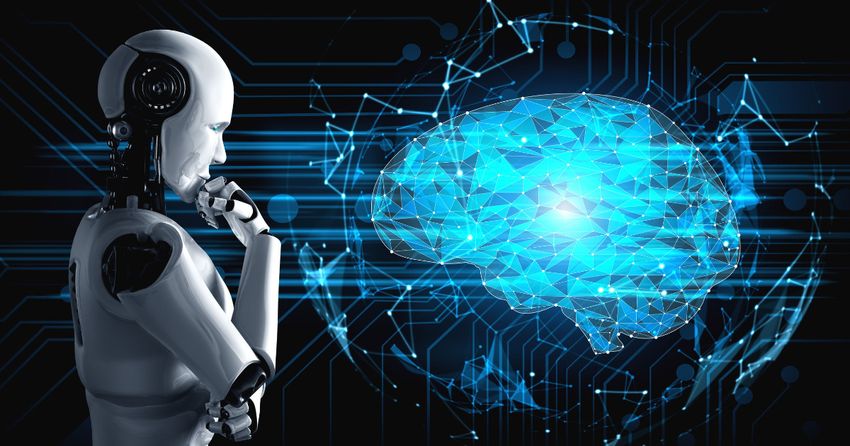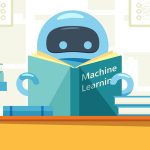Introduction
Artificial Intelligence (AI) has made remarkable strides in fields like image recognition, natural language processing, and autonomous systems. However, despite its advancements, AI still struggles with common sense reasoning—the ability to apply general world knowledge in practical, everyday situations. This gap in AI capabilities raises important questions about its limitations, potential risks, and the future of AI research.
What is Common Sense in AI?
Common sense refers to the basic level of practical knowledge that humans use to navigate daily life. It includes an understanding of cause and effect, physical properties, social norms, and contextual reasoning. For example, a human instinctively knows that an ice cube will melt in the sun or that a person cannot walk through a wall. However, teaching AI these intuitive facts is challenging.
Why AI Struggles with Common Sense
Several factors contribute to AI’s difficulty in grasping common sense:
1. Lack of Real-World Experience
AI models, including large language models, learn from structured data, text corpora, and supervised training. Unlike humans, they do not physically interact with the world or develop knowledge through direct experience, which limits their ability to generalize knowledge to new, unseen scenarios.
2. Data Dependency
AI relies on vast amounts of labeled data to learn patterns. While deep learning models can recognize complex patterns, they do not inherently understand context. If the training data lacks specific common-sense knowledge, the AI will not know it.
3. Difficulty with Context and Nuance
Understanding human language requires more than just recognizing words—it involves grasping intent, sarcasm, implied meanings, and cultural references. AI often misinterprets phrases due to its lack of deep contextual awareness.
4. Limitations of Current AI Architectures
Most AI systems rely on statistical correlations rather than true reasoning. While they can predict outcomes based on previous examples, they do not reason about why those outcomes occur. This makes AI struggle with open-ended questions and problem-solving that requires inferencing beyond direct data correlations.
5. Challenges in Encoding Common Sense Knowledge
Efforts such as the ConceptNet project aim to provide AI with structured common-sense knowledge, but encoding all human knowledge into a machine-readable format remains a major challenge. AI needs both breadth (covering a wide range of knowledge) and depth (understanding how different pieces of knowledge interact).
Real-World Examples of AI’s Common Sense Failures
- Chatbots Making Illogical Responses – AI-powered chatbots sometimes produce absurd or contradictory statements because they lack real-world understanding.
- Self-Driving Cars and Unexpected Scenarios – Autonomous vehicles struggle with unpredictable events, such as understanding that a plastic bag blowing across the road does not require stopping.
- Image Recognition Mistakes – AI may misinterpret objects in images due to a lack of intuitive reasoning about their context.
How Researchers are Addressing the Problem
Despite these challenges, researchers are working on various approaches to improve AI’s common-sense reasoning:
- Knowledge Graphs – Projects like ConceptNet and OpenAI’s efforts to integrate structured knowledge help AI access factual information in a more human-like way.
- Hybrid AI Models – Combining symbolic reasoning with machine learning to allow AI to process rules and logic alongside data-driven predictions.
- Reinforcement Learning with Real-World Interaction – Enabling AI to learn from experience, much like humans do.
- Advanced Natural Language Understanding – Enhancing AI’s ability to understand nuanced context and implied meanings.
Conclusion
AI has made incredible progress, but its lack of common sense remains a fundamental challenge. While ongoing research aims to bridge this gap, AI is still far from truly understanding and reasoning about the world in a human-like manner. Addressing this issue is key to developing more reliable, intelligent, and trustworthy AI systems in the future.


